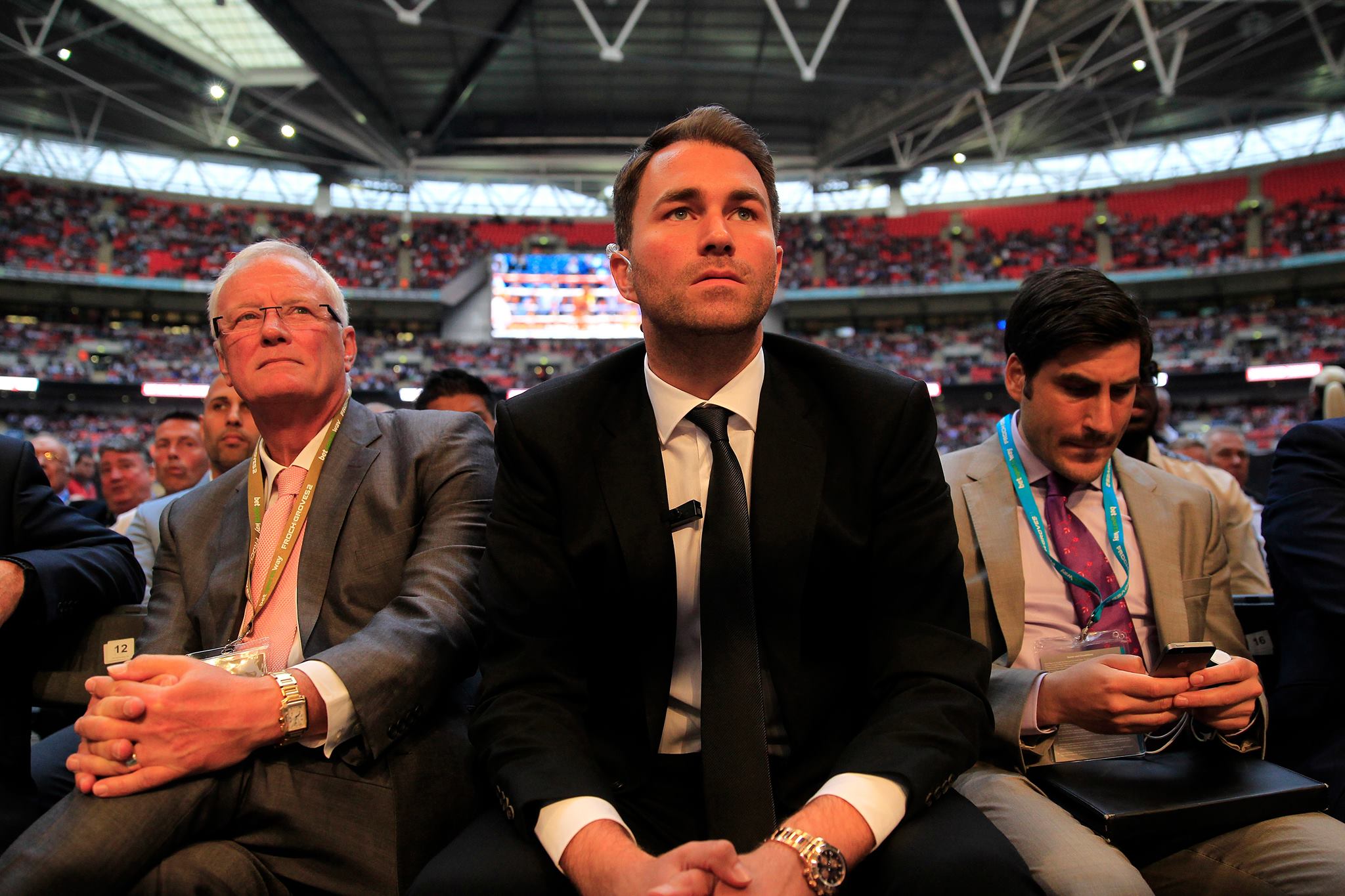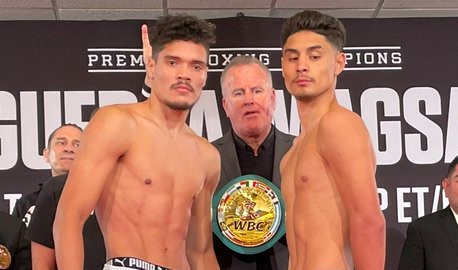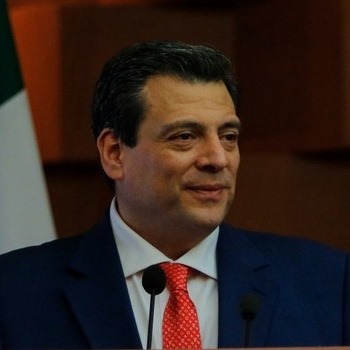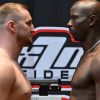By: Kirk Jackson
There’s a fork in the road with two paths to take. One false misstep, can lead towards an ill-fated pathway of no return.
One path, is opting into an immediate rematch against the highly sophisticated, 6-foot-9, 270 lbs. plus sized behemoth. The scenario of overcoming this measure of adversity to some, may appear as the first step in a thousand-mile march. Some may deem the task impossible altogether.
The other path opposite of an immediate rematch, is to meditate over the previous defeat, aim towards improvement, grind towards craft refinement, while fighting different, (and in most cases) lesser opposition, working towards redemption.
This is the scenario former WBC heavyweight champion Deontay “The Bronze Bomber” Wilder (42-1-1, 41 KO’s) is faced with. Pride and competitive nature may suggest to him, seek an immediate rematch.
According to terms of the two-fight contracts Wilder and “The Gypsy King” Tyson Fury signed in 2019, Wilder is owed a third bout against Fury, without any bouts for either boxer between their second and third encounters. Wilder has 30 days from Feb. 22 to exercise that contractual right. That proposed third bout would take place at some point during the summer.
While there is dissension amongst Wilder’s team at the moment, his head trainer Jay Deas, hinted at the third bout transpiring in the immediate future.
“My guess is knowing him like I do that he will absolutely want to rematch,” said Deas. “And, I mean, these guys have put on two tremendous fights already. So, I certainly think that the public will want it. And I think we’ll want it. And I think Fury’s team will want it. And so, it seems a natural. So, I think that’s what you’ll see happen.”
Wilder’s team seemingly wants the third fight, but one of Fury’s handlers appears opposed to it at the juncture.
“I prefer to go straight to (Anthony) Joshua, but that is the contract,” Frank Warren said to English publication, BBC Sport.
“It has to be honored unless we can reach some accommodation for him to step aside. We could pay him to step aside if he wants to do that, but that is his choice. It would be lucrative for (Wilder), but I have spoken to his manager and Deontay does believe he has the beating of Tyson, and he can knock him out. I don’t believe that. I fancied Tyson to stop him before the fight at the weekend. If he insists on the fight, we’re locked into it.”
Joshua is the unified WBA, WBO and IBF heavyweight champion and a unification bout with Fury would be historic and should be financially lucrative. However make no mistake, the third bout between familiar foes would be lucrative for Wilder AND for Fury. Due to the performance of the rematch this weekend, the third bout would trend towards favorable numbers as well.
The MGM Grand Garden Arena was packed to capacity with a sellout crowd of 15,816 and the live gate produced $16,916,440 in ticket revenue. Also confirmed by a MGM Resorts International official, the live gate for Wilder-Fury II broke the Nevada record for a heavyweight fight.
For competitive and lucrative motives, there is reason to pursue the third fight. On the other end for Wilder, it can be argued, the best decision to make is a non-emotionally based decision.
There is nothing wrong with regrouping and fine tuning your craft. It’s important to remember, Fury did that very same thing after the first encounter with Wilder in December 2018.
Former multi-divisional champion, future Hall of Famer and current ESPN Boxing Analyst Andre Ward, eloquently stated some of the road blocks that stand in front of Wilder and the tall task required to overcome. Ward advocates Wilder to go back to the drawing board, before challenging Fury again.
Either choice Wilder decides to pursue, something to keep in mind is not overreacting to the results of this past weekend.
There isn’t a blank canvas, regarding what Wilder needs to do and to what he can do against Fury. Contrary to popular belief, he experienced success against Fury and “The Gypsy King” himself acknowledged Wilder’s improvements in between fights.
“I felt like Deontay’s jab had improved, and he did take his time more, like he said he would,” Fury said. “Yeah, and he was using his jab quite well, actually. I was very impressed with his double-jab that he was using. And credit to his team for applying that in this fight, because when you’ve got two giant guys, I think the jab is very important. It sets everything up.”
“So yeah, I thought he was definitely an improved fighter to what I fought before. And he was heavier. I wasn’t able to bully him around, as I did last time, in close, because he was a lot heavier than he ever was. So yeah, I did see improvements in his game. But tonight was my night, and I was never gonna let anybody take it from me.”
As documented, following Fury’s first encounter with Wilder, he took two tune-ups against lesser known, lowly rated opposition; Tom Schwarz (24-0, 16 KO’s) and Otto Wallin (20-1, 13 KO’s) respectively.
While it was implied by some analysts and boxing personalities, that Wilder did not want an immediate rematch Fury the first go-around, his actions after their first encounter suggested otherwise. How the rematch unfolded and how he generally carries himself overall, suggests that he wants immediate revenge and retaliation.
Welp @andreward I guess this is what not wanting smoke looks like. Your guy PERSONALLY asked for a tune up before re-entering the ring w/ the #KING style wise, mental and physically I want all the smoke.
— Deontay Wilder (@BronzeBomber) February 27, 2019
Never judge my heart my nig,
You’ll be surprised what it is capable of doing pic.twitter.com/qKJeRCuUfk
But this time around, it may be more beneficial for Wilder to fight a tune-up or two, before hurling back into the fire of Fury. If others have opted for a similar route past and present, why can’t he? If others get a pass for doing so, shouldn’t he as well? Or will double-standards apply?
And if Wilder is to take a subsequent tune-up or two, who would the opponents be against? Premier Boxing Champions stablemates Adam Kownacki, Charles Martin or Andy Ruiz? Or overseas rival Dillian Whyte? Or someone similar to Otto Wallin?
The pursuit of the immediate rematch or the choice of chasing revenge later down the line, is what Wilder is pitted with.
Because it will take more than heart and desire to dethrone the king of the hill. It takes more than a right hand, it will take everything including the kitchen sink.
Wilder’s ascension back to the top is figuring out the Rubik’s cube that is Fury. How do you overcome a 6-feet-9, 273-pound virtuoso who can punch? How do you contend with a fighter who is also willing to get physical, tenacious and will use any means to secure victory?
Perhaps the answers lie within the quest. Some of the pieces may be sorted through development and facing others in route to the rematch. To quote American marathon runner and author Kathrine Switzer, “Triumph over adversity, that’s what the marathon is all about. Nothing in life can’t triumph after that.”
One loss should not be a death sentence. One singular defeat should not indicate a fighter is a sucks, especially considering said fighter’s historic accomplishments. But that’s not how the current climate of boxing works. In many cases, all it takes is for one loss to for the fighter to be considered fraudulent.
Not wanting to be ordinary, daring to be great, Wilder wants more. If “The Bronze Bomber” is to reclaim his crown, he must cross that abyss of danger, the cavernous river of peril and stake his claim as king. Just as “The Gypsy King” did before him.
So which path will he take?


















